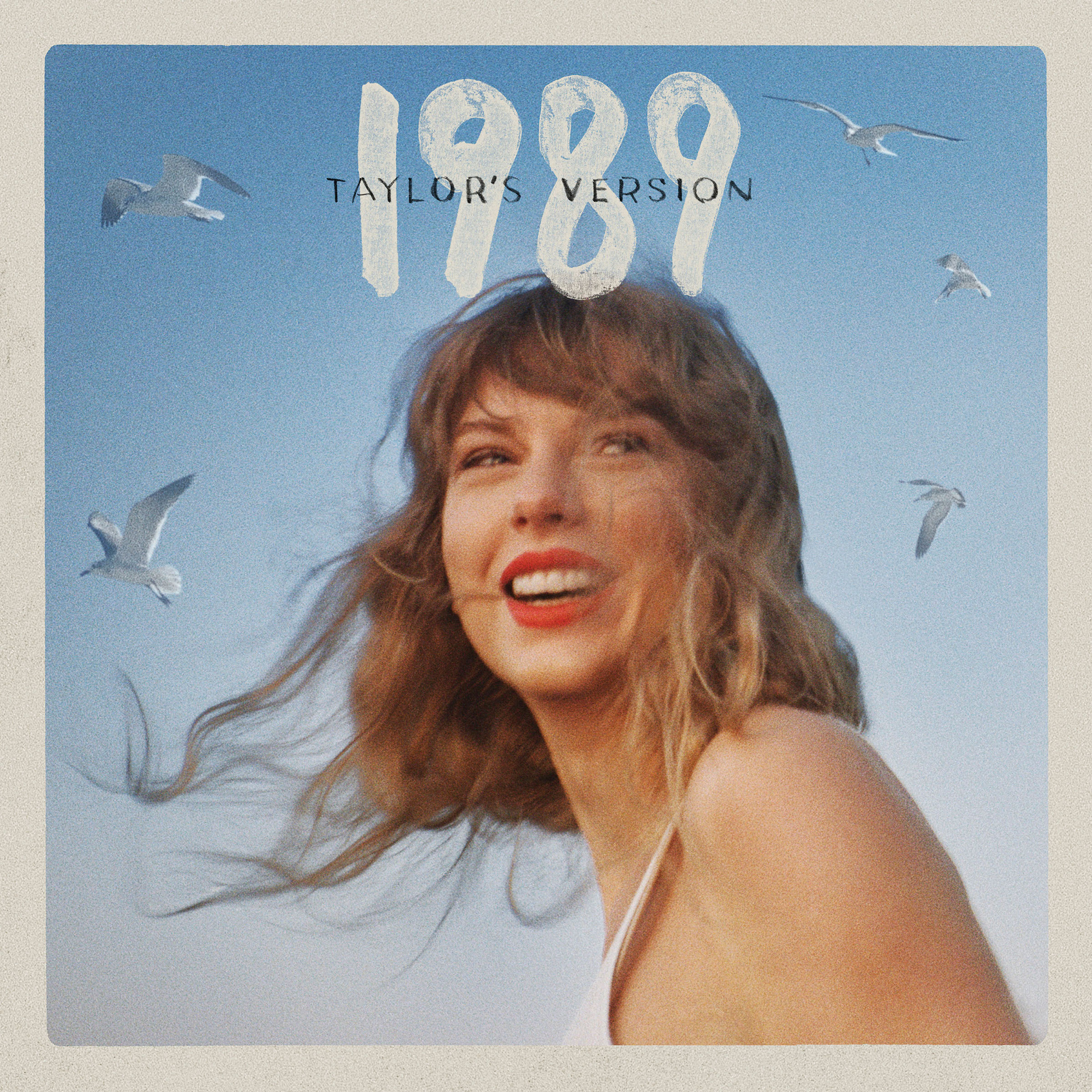
In September, when Taylor Swift announced that one of the vault tracks off of 1989 (Taylor’s Version) would be called “Slut!,” it immediately became the most anticipated song from the re-release.
Released Friday along with the rest of the re-recorded 1989, "Slut!" sees Swift boldly reclaiming a word that was often hurled at her, especially in her early years as a singer. Swift is known for her searing, honest lyrics—especially in songs like “All Too Well” to “Dear John"—which many fans have connected to specific relationships in her life. But critics have used that to turn her into the punchline of sexist jokes, even as recently as 2021 when the Netflix show Ginny and Georgia made a joke at Swift’s expense. (In response, Swift called the joke "deeply sexist").
In "Slut!", Swift embraces the word. “But if I’m all dressed up they might as well be lookin' at us. And if they call me a slut, you know it might be worth it for once.” She goes on to sing about the public’s perception of her as a “rose with thorns.” “Love thorns all over this rose. I’ll pay the price, you won’t.”
“Slut!” isn’t the first time Swift has addressed the media’s coverage of her relationships; two of her most popular songs from 1989 did just that. On “Shake It Off,” she sings, “I go on too many dates, but I can’t make them stay; at least that’s what people say.” And on “Blank Space,” “Got a long list of ex-lovers, they’ll tell you I’m insane.”
More From TIME
Swift rarely speaks publicly about her relationships. Still, fans who purchased a physical copy of 1989 (Taylor’s Version) could glean some more insight into her songwriting process while making the album from a letter she included. Swift writes about wanting to silence “the voices that had begun to shame me in new ways for dating like a normal young woman.”
“In the years preceding this, I had become the target of slut shaming — the intensity and relentlessness of which would be criticized and called out if it happened today," she writes. Swift calls out the jokes about the number of boyfriends she had and the way her songwriting was portrayed as “a predatory act of a boy crazy psychopath.” She writes that this was taking a toll on her, so she needed to write to get through it. “So I swore off hanging out with guys, dating, flirting, or anything that could be weaponized against me by a culture that claimed to believe in liberating women but consistently treated me with the harsh moral codes of the Victorian era."
The pop star attempted to redirect the attention to her female friendships and how she felt that would’ve been a foolproof way to change the narrative, but that didn’t seem to be the case. “If I only hung out with my female friends, people couldn’t sensationalize or sexualize that — right? I would learn later on that people could and people would.”
The song itself is an indication of what was going through Swift’s mind during this time in her life and how she had to assuage the negative feelings that arose when, no matter what she did, the public theorized that she was a boy-crazy psychopath who couldn’t keep a man. In fact, she was just a woman who could convey her feelings through song expertly, and sometimes, they happened to be about a specific man. If that makes her a “Slut!” then she's OK with it.
More Must-Reads From TIME
- The 100 Most Influential People of 2024
- How Far Trump Would Go
- Why Maternity Care Is Underpaid
- Scenes From Pro-Palestinian Encampments Across U.S. Universities
- Saving Seconds Is Better Than Hours
- Why Your Breakfast Should Start with a Vegetable
- Welcome to the Golden Age of Ryan Gosling
- Want Weekly Recs on What to Watch, Read, and More? Sign Up for Worth Your Time
Write to Moises Mendez II at moises.mendez@time.com